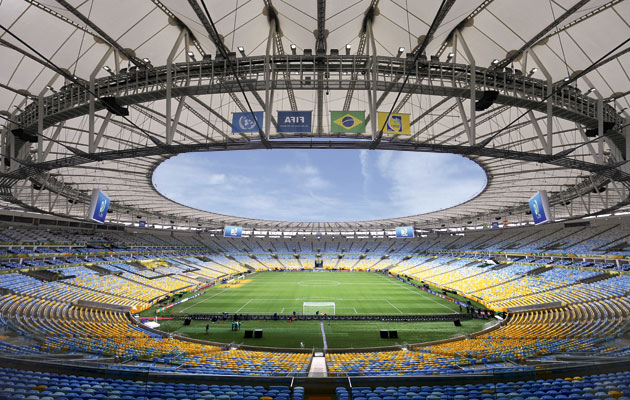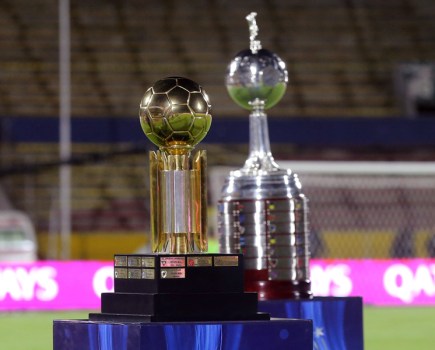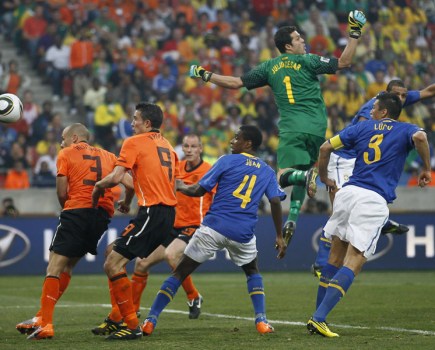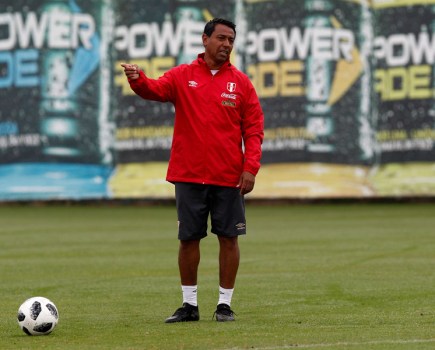1. Twenty first century stadiums, nineteenth century calendar
With the start the new season, the glaring contradictions of Brazilian football post-World Cup have been brutally exposed – the game now features twenty first century stadiums and a nineteenth century calendar.
The months between now and early May are devoted to the State Championships, one for each of the 27 states that make up this giant country. Clubs with millions of fans will be up against, on some kind of league basis, rivals so small they barely exist in a professional context.
A typical moan in Brazilian football is that the local game has suffered massive harm from the so-called ‘Pele Law,’ introduced in the late 90s when the former great was Sports Minister. Its most important change was the introduction of freedom of contract, which, it is argued by many, has led directly to the exodus of Brazilian players to Europe, Asia and elsewhere.
It is true that the legal position of the clubs could be strengthened in some ways – with the capacity to hold their best youngsters on longer contracts, for example. But the criticism of the Pele Law is extraordinarily short sighted. Freedom of contract need not necessarily lead to exodus.
But the fact that the big clubs spend so long disputing the State Championships inevitably has a negative effect on their finances, and thus reduces their capacity to hold on to their best players. And though it is rarely said in public (for the State Championships are of key importance to the antiquated power structure of the game) many of the players have come to regard them as a waste of time – a factor which clearly increases their desire for a move abroad.
In Rio de Janeiro, the local federation have approved a regulation by which any player or club who criticize the state championship are subject to a fine – a tacit admission that the championship deserves to be criticized.
Average crowds in last year’s version were below 3,000. In an attempt to boost the box office, the federation are slashing ticket prices – which will now range between around £1.25 and £12.50, much cheaper than for a Brazilian Championship game. This is causing conflict with the Maracana stadium, recently rebuilt with huge sums of public money and now being run by a private consortium. The stadium, stage of last year’s World Cup Final, is hardly financially viable at these prices. Also outraged are Flamengo and Fluminense, the big clubs who use the stadium.
A key part of their strategy is the new-style membership scheme, adopted by a number of Brazilian clubs and seen by some as their financial saviour; fans pay a monthly membership fee (Internacional in Porto Alegre have around 130,000 members, while local rivals Gremio and Palmeiras of Sao Paulo are around the 80,000 mark).
One of the key benefits of subscription is the right to cheaper tickets – in the case of the Fla-Flu duo, this benefit is completely undermined by the Rio federation’s cut price policy. Indeed, making life awkward for Flamengo and Fluminense may well be the main motivation of the federation’s thinking – the controversial Eurico Miranda, back as president of Vasco da Gama, is seen as the architect of the machinations.
2. Brazil U-20 team adds to sense of despondency
To add to the depressing scenario of contemporary Brazilian football, the Under-20 team went down 2-0 to Argentina on Sunday in the South American Championships. With the intelligent Gallo as coach, there were hopes that this side might indicate a post-World Cup way forward. Instead they have been a huge disappointment.
There is some individual talent on show (the 17 year old midfielder Gerson is filling many a scouts’ notebook). But collectively the team shows no advance on recent failings; they are physically imposing and very dangerous on the break, but sadly lacking in guile and imagination.
They should qualify easily for the World Under-20 Cup (4 slots available), but it is just as well that Brazil are hosting the next Olympics and qualify automatically, because with only one and a half slots available they may well have missed out otherwise. More was expected.
https://www.youtube.com/watch?v=Al1UwX6Tr-A
3. Vizuete pays the price for Ecuador’s exit
Another coach unable to look back in pleasure at the Under-20 Championships is Sixto Vizuete of Ecuador. In 2007 he took the team to the gold medal in the Pan-American Games, and soon afterwards was handed charge of the senior team. Following the World Cup he was again placed in caretaker charge – but any chance of staying on as senior coach evaporated when Ecuador were knocked out of the Under-20 Championships in the group stage.
Last week it was announced that Gustavo Quinteros, coach of national champions Emelec, will step in – though he will stay with the club until mid-March. Born in Argentina, Quinteros is a naturalised Bolivian – he played for the country in the 1994 World Cup, and coached them in the last Copa America. His appointment leaves Peru as the only South American country still without a coach.







